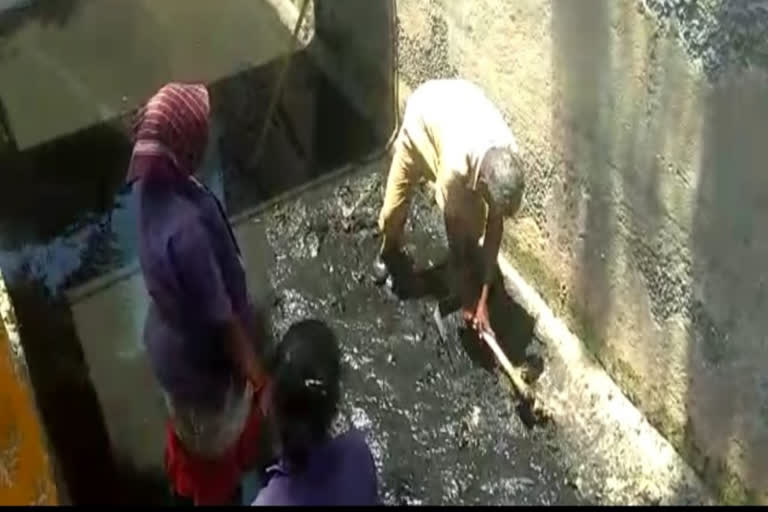Hyderabad: Why is it that the right to live with self-respect as human beings is enjoyed by a few? Why millions in this country are still living in the misery of cleaning the dirt and filth of fellow human beings? When looking for answers to these questions as to why we are like this, it is common to blame laws and the government. Any analysis may touch superficially the external conditions —but keeps the source of the problem alive.
The centuries-old discrimination of the society against a few sections has kept them at the bottom depriving them of education and economic equality. A glaring and shameful example of this is scavengers. This practice of using fellow human beings to do the work of removing human excrement is still alive in this country. It is a blot on the ineffectiveness of the governments which are incapable of strictly enforcing the enacted laws, playing blind to the immoral practice still continuing for many years!
Violation of human rights
The Constitution guarantees the dignity of individuals. Ensuring public health is declared as the primary duty of the state. To that end, the government enacted a law in 1993 against 'The Employment of Manual Scavengers and Construction of Dry Latrines (Prohibition) Act.' The law was not properly enforced at any stage as the states were completely stubborn. Twenty years later, in 2013, another law was passed banning the use of humans to clean up human excreta and providing legal guarantees for their rehabilitation. The law proposes a jail term of up to five years and a fine of Rs five lakh for using human beings to clean up human waste. But the strange thing is that millions in the country are still continuing in that ‘profession’ - there are no records of anyone being punished or fined in these seven years under the 2013 law.
There are still 7.7 lakh scavengers working across the country. Thousands are engaged in the brutal act of lifting human excrement with their hands and carrying it in baskets. It is estimated that thousands still work as scavengers in Indian Railways. No matter what the official statistics say, some studies show that an average of 1,700 people die each year from illness across the country, due to cleaning sewers, septic tanks exposed to toxic gases.
